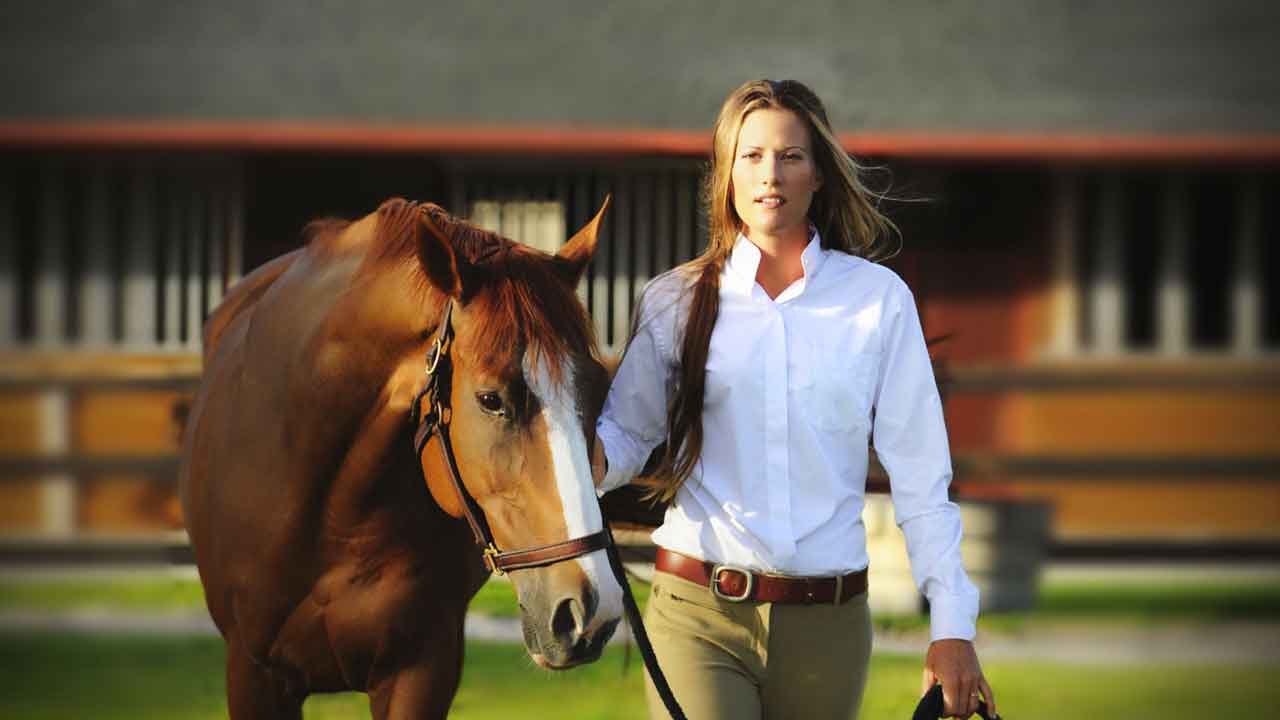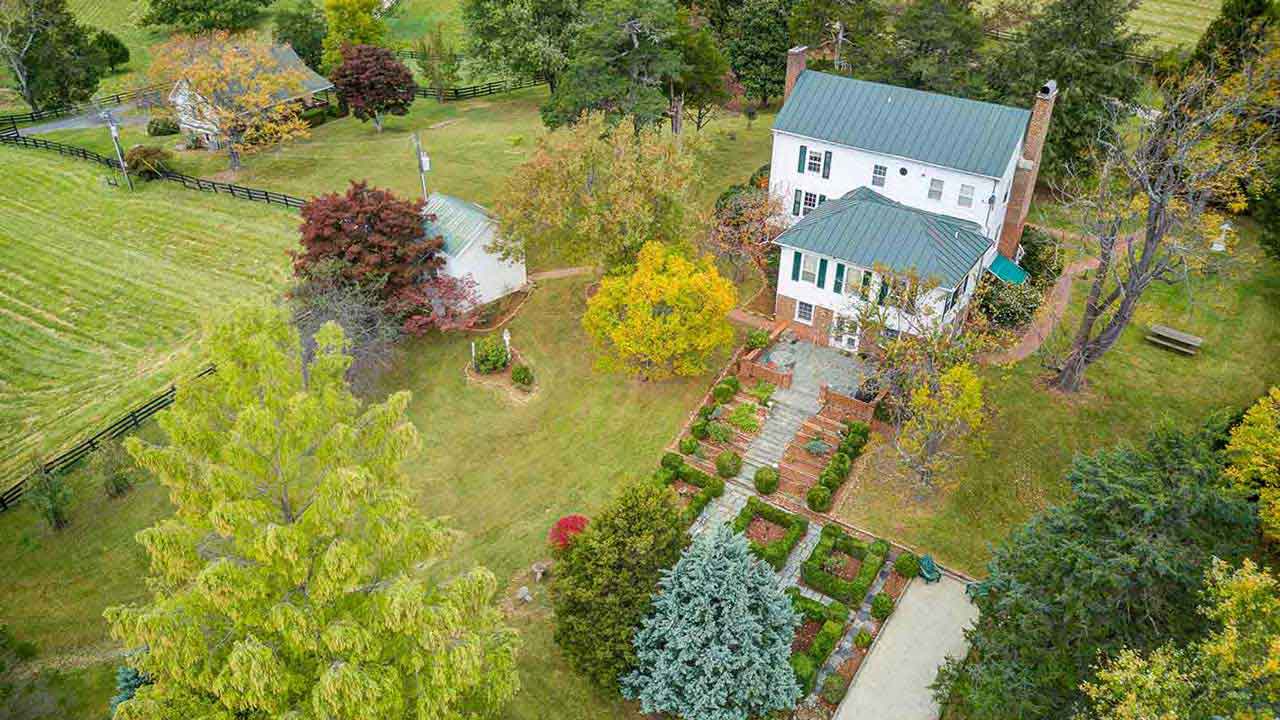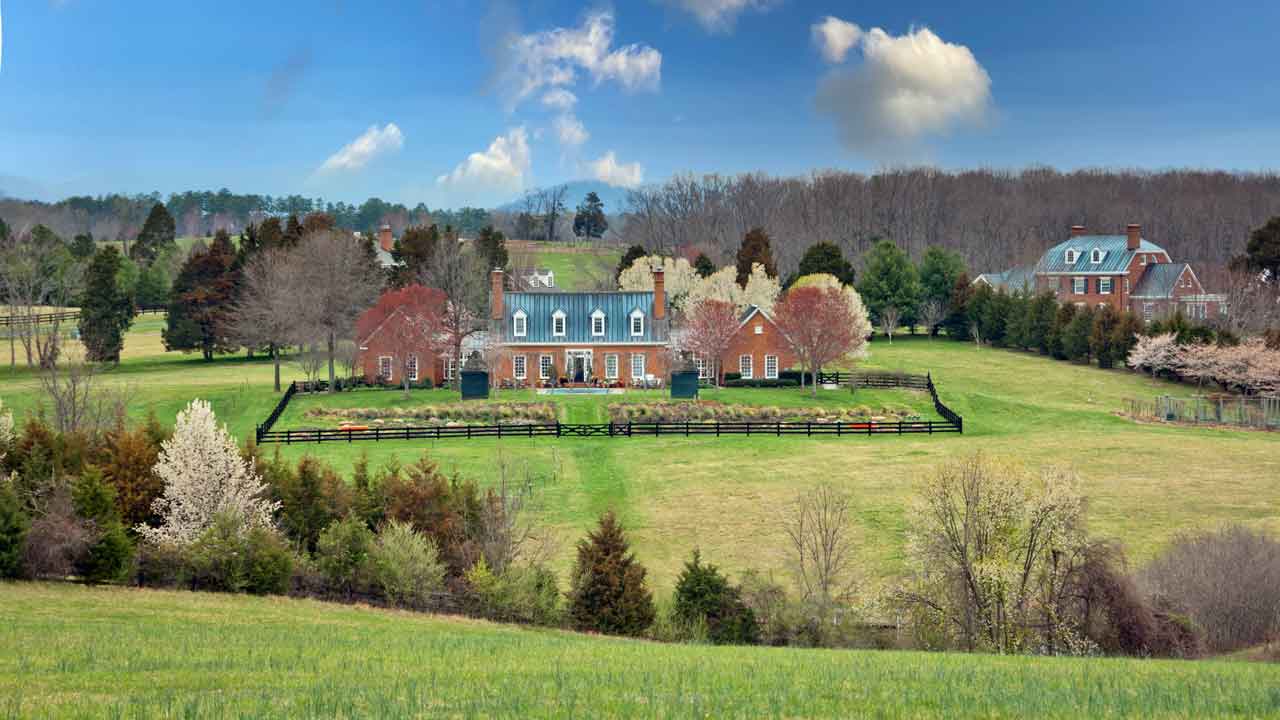First Time Horse Farm Owner's Guide to Surviving and Thriving
First Time Horse Farm Owner: It's Not All Galloping and Trotting
-
Written by
Bridget Archer
-
Tagged as
What To Know When Buying A Horse Farm
Horse Sense: Your Ticket to a Horse Farm Life
Buying a horse farm may seem like an exciting opportunity for those passionate about horses, but it comes with unique challenges and considerations. Investing in a horse farm requires significant upfront costs and ongoing investments—not to mention having the knowledge and experience necessary to care for horses. So let's consider some of the essential things before you commit to such a significant undertaking. Here are some things to consider as you plan to make your dream of owning a horse farm property a reality.
Fencing
An important consideration is fencing. The fence should be tall enough to keep the horses safe and secure, and it should be made from a durable material that will not rot or break easily. Additionally, the fence should be installed by a professional to ensure that it is properly constructed.
Options include:
Post and rail wooden fencing as the classic choice for equine facilities. It consists of wooden boards nailed into upright posts, with gaps between them. Wooden post and rail fencing are solid, and as long as it’s carefully maintained, it’s safe too.
Post and wire fencing too cut costs, some people pair wooden posts with various forms of wire fencing. But while it’s certainly less expensive, it can create other problems.
Electric braid fencing
Electric braid fencing is a braided cord through which an electrical current runs. The braid means it’s much easier for the horse to see than a simple wire. You’ll want to check the electrical supply is working regularly.
Fully electric fence
Horses will learn if they get a shock, so this fencing is usually very effective at preventing roaming.
PVC and plastic fencing
Fencing made from PVC or other types of plastic often looks like traditional wooden fencing. However, you can also find wooden fencing with a PVC coating to improve weather resistance.
Barn
Make sure your barn is spacious and equipped to meet your horse's needs. Look for large stalls - ideally measuring 12x12 - and ensure you have a tack room for storing saddles and horse gear. You will need a wash rack, complete with hot and cold water for easy horse bathing.
Pastures
Quality pasture meets most nutritional requirements for horses and ponies, keeping them healthy and maintaining their overall body condition. Also, an important consideration is the size and number of pastures. Ideally, you need two to four acres per horse of fenced pasture to keep the grass in good shape. Grazing management is essential to have healthy pastures. Remember these key rules: let your pasture become established. Manage your pasture by providing an adequate area for each horse. And rest and rotate your pastures.
Water Sources
Water is critical to horses, and lack of it can cause severe health and performance issues, including colic. Dehydration can occur before physical signs are evident, so it's crucial to ensure water is always accessible and palatable. Temperature preference is subjective, but monitoring your horse's drinking habits is vital. Keep water sources debris-free, clean, and unfrozen in cold weather and ensure nothing near the water source poses an electric shock risk. Taking these precautions can ensure your horse has an optimal water source.
Vet Care
You must become comfortable with vet care when purchasing a farm for horses in central VA. As a horse owner, having basic healthcare skills can make you an indispensable asset to your veterinarian. While you don't need to be an expert, understanding the fundamentals can be a game-changer in the event of an injury or sickness.
Farrier Care
Finally, farriers are crucial in maintaining your horse's hoof health. With hooves growing throughout a horse's life, regular trimming and shaping every 6 to 8 weeks are necessary to avoid issues.
Call Us About Buying A Horse Farm
Bridget Archer Specializes in Equestrian Properties
Contact Us 434-981-4149



